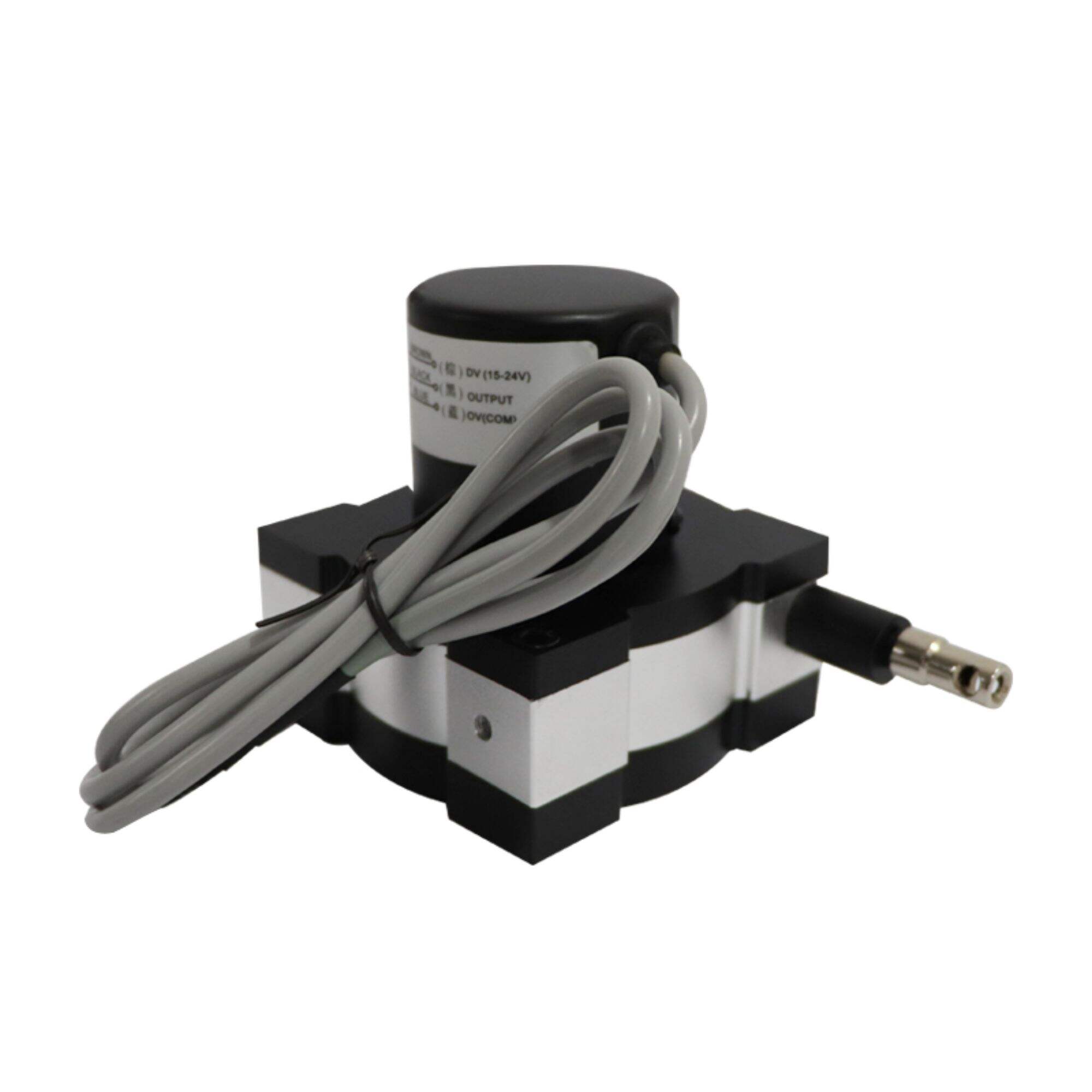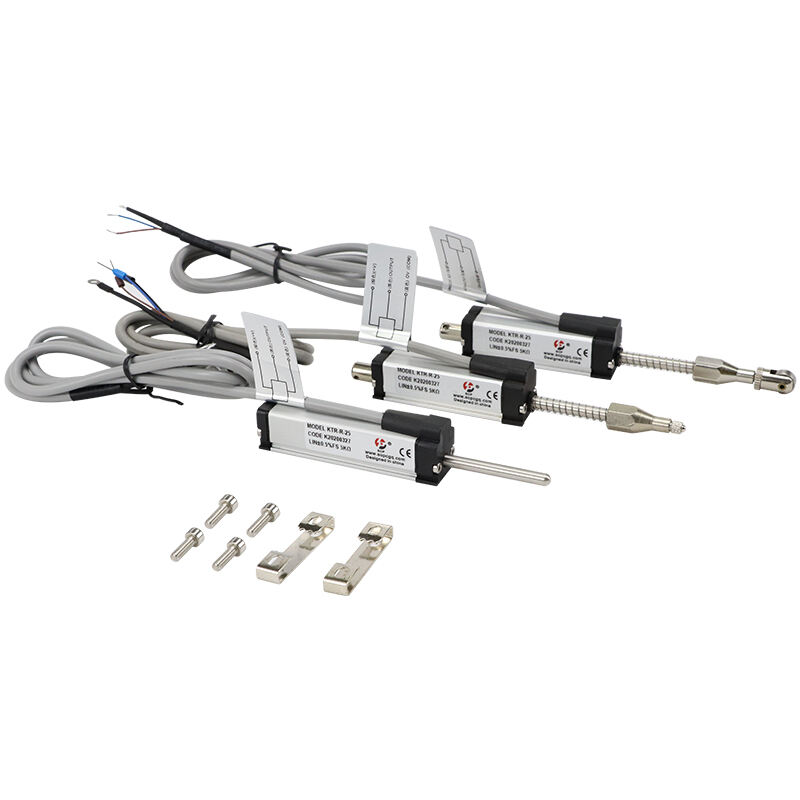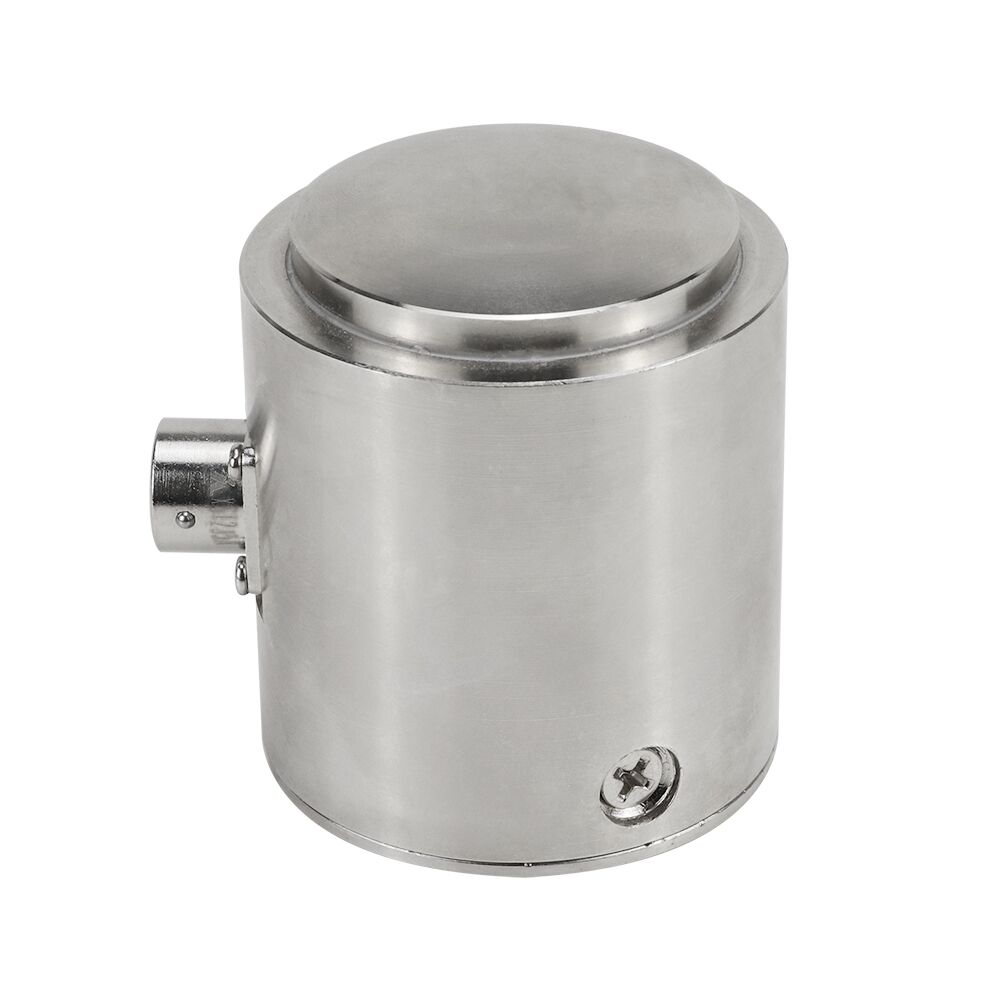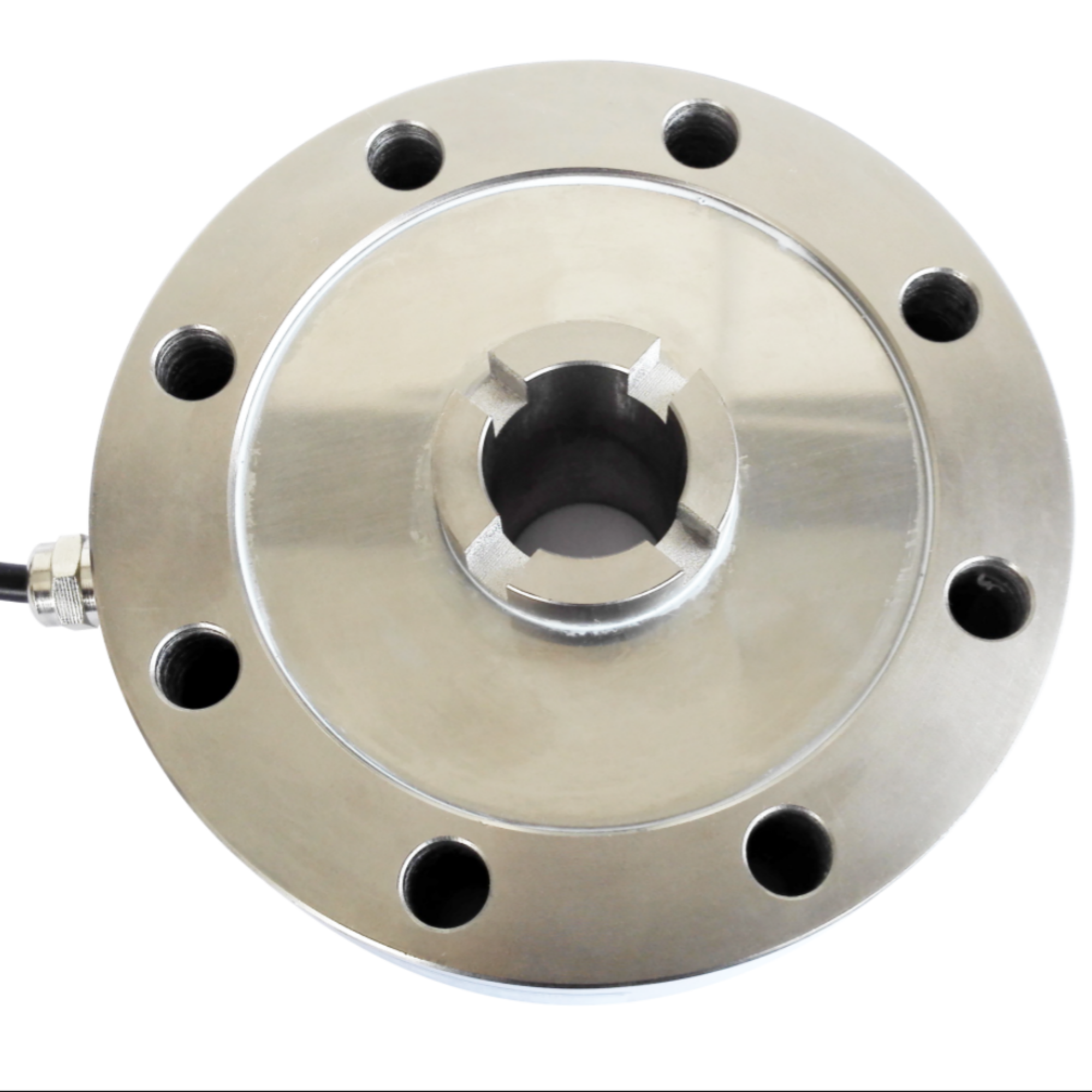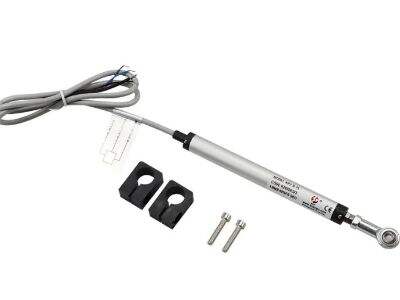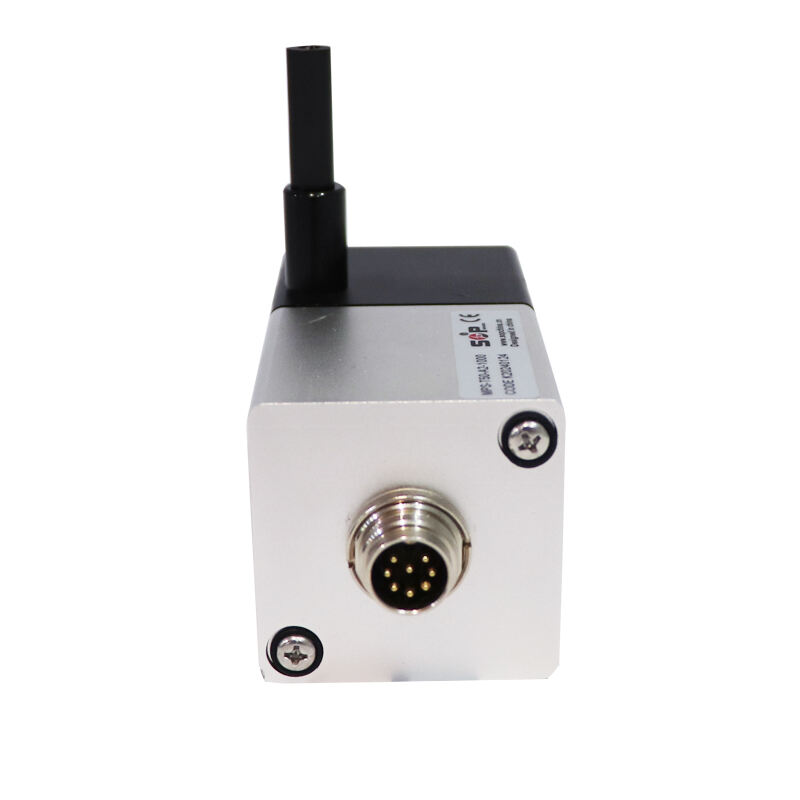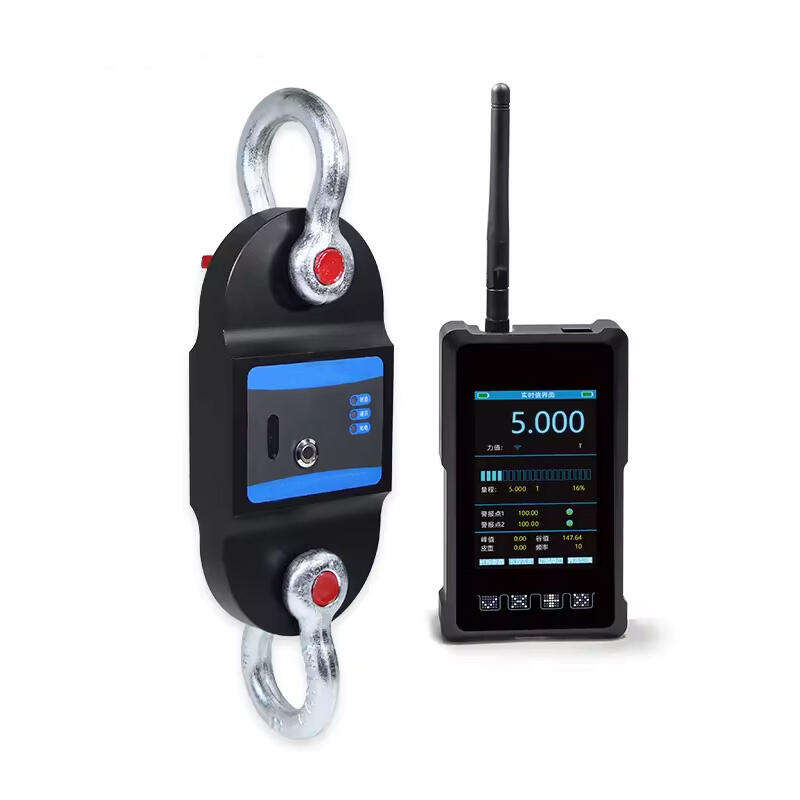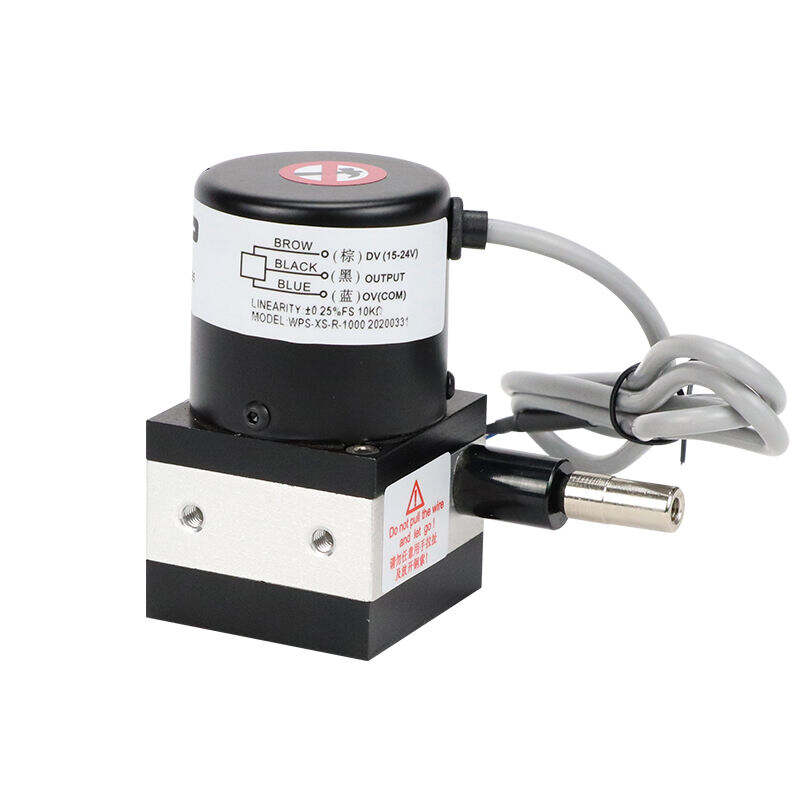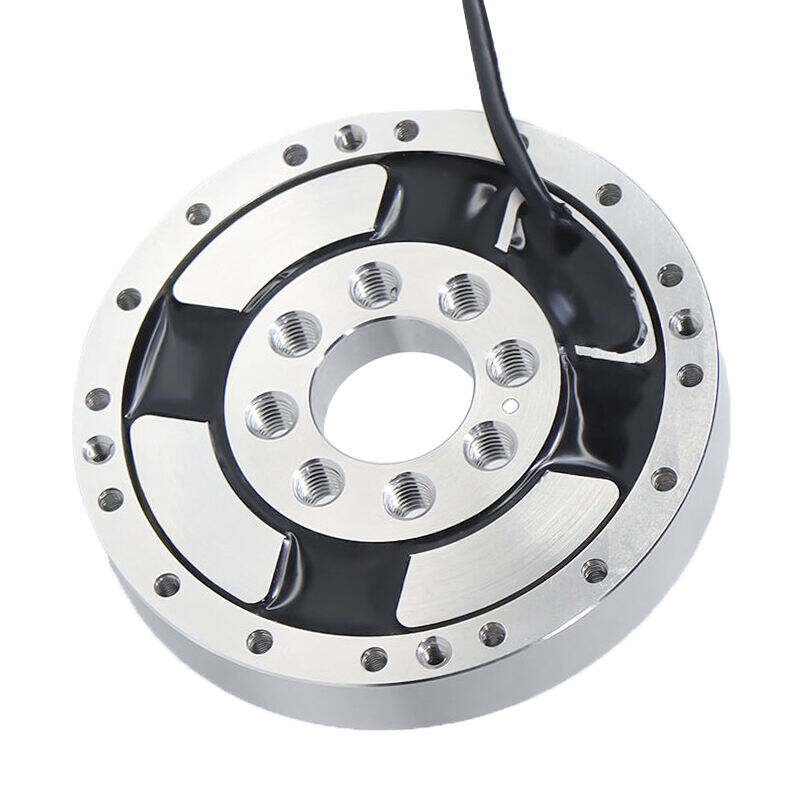linear potentiometer position sensor
A linear potentiometer position sensor is a sophisticated measurement device that converts linear mechanical motion into electrical signals with exceptional precision. This versatile sensor operates on a simple yet effective principle, utilizing a resistive element and a sliding contact (wiper) that moves along a fixed track. As the wiper moves, it creates varying electrical resistance proportional to its position, providing accurate position feedback in real-time. The sensor's design incorporates high-quality materials and precision engineering to ensure reliable operation across diverse industrial applications. These sensors come in various stroke lengths, from a few millimeters to several hundred millimeters, making them adaptable to different measurement requirements. The output signal can be analog or digital, depending on the specific model and application needs. Linear potentiometer position sensors excel in harsh industrial environments, offering robust performance even when exposed to vibration, temperature variations, and other challenging conditions. They are particularly valuable in automation systems, manufacturing equipment, and quality control processes where precise position measurement is crucial. The sensor's ability to provide continuous position feedback makes it an essential component in motion control systems, helping maintain accuracy and repeatability in automated processes.

